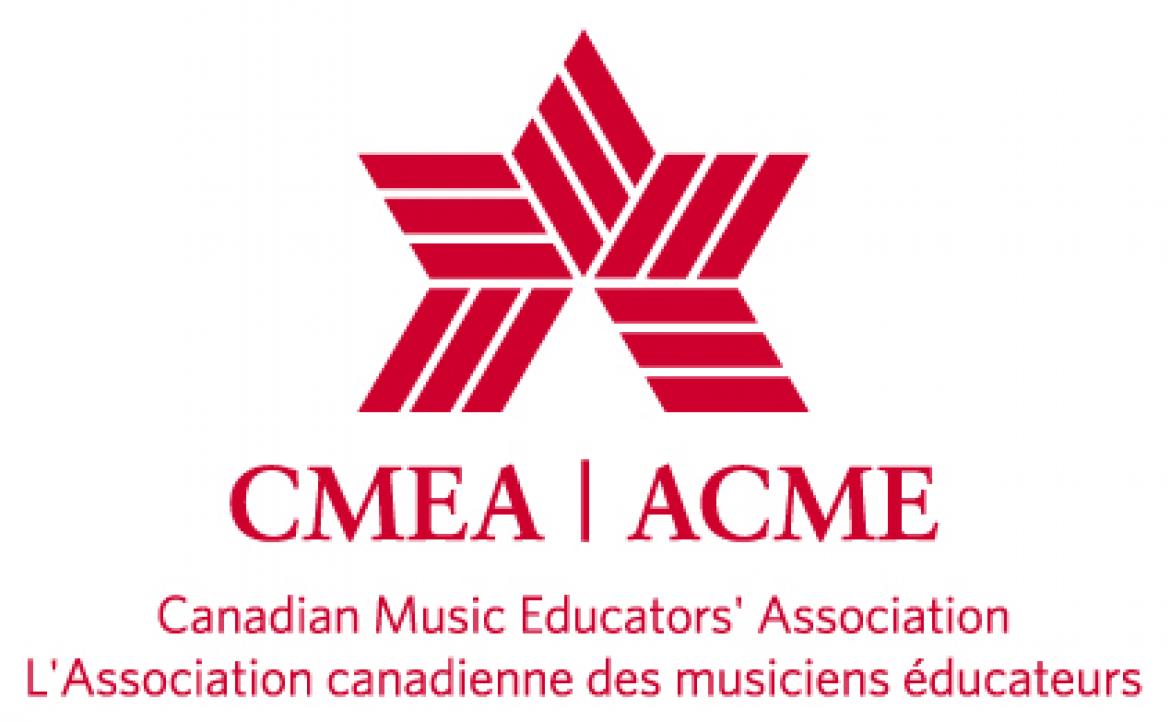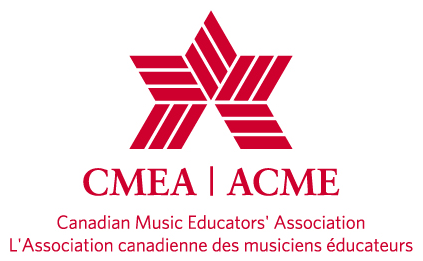This past year, professional growth for our Canadian music educators was once again provided through the many successful conferences hosted by our provincial associations. Common themes that recurred at many of this year’s conventions were the music of Canada’s indigenous peoples, and the inclusion of every learner in the music classroom. Canada is a vast country that is rich in our diversity, our music classrooms provide an ideal forum to explore and celebrate our many cultures and types of learners.
Canada’s vast landscape, however, can also present challenges for our members. Travel to our provincial conferences, for example, can be expensive and prohibitive for those who live in more remote communities. Another complication, as a result of our geography, is the smaller membership base (and resulting lack of financial support) for our smaller provincial associations. To address these imbalances, the CMEA/Acme has recently initiated two new programs. The first, our creation of a PD fund that allows our provincial organizations to apply for financial support specifically to provide professional development experiences for their membership. The second, our current development of a ‘regional conference’ structure which will allow some of the smaller provincial MEAs, with CMEA’s support, to join together to provide greater professional learning opportunities in our less populated regions.
Our provincially-directed delivery of education also creates discrepancy between provinces in terms of funding and support for music programs. Currently, there are Canadian provinces where there is a music specialist teacher in every school, while in other provinces music education is left to the untrained, general classroom teacher and as a result is often neglected. Even within our larger provinces, like Ontario for example, we find that there is a discrepancy between the quality of the music programs in its urban and rural schools. The CMEA values our reciprocal relationship with the Coalition for Music Education in Canada and we continue to support the work of this nationally recognised organization. Through their programs, including Music Monday and Youth4Music, the Coalition advocates for and promotes the importance of a quality music education for every Canadian student. The CMEA/Acme and the Coalition also work in partnership with our joint consortium on research committee. This committee, with the financial support of both organisations, offers grants for current research in Canadian music education. Finally, the Coalition is leading a national research study to get an accurate picture of the state of music education in every province and territory. The CMEA/Acme and more than 20 other partner organisations have signed on to be part of this initiative.
This past year, the CMEA/Acme also celebrated the launch of the latest volume in our biennial book series: 21st Century Music Education: Informal Learning and Non-Formal Teaching. This excellent publication was edited by ISME president-elect, Dr. Susie O’Neill. In addition to our research to practice series, we continue to publish a quarterly magazine and electronic newsletters pertinent to connecting current events and research to our practice. A recent priority for our association has been to increase the availability of our publications and programs in both of Canada’s two official languages, English and French. We have augmented our budget for translation services and as a result, our quarterly magazine, the CMEA/Acme Journal, now provides content in both languages. Our Journal and book series are also both now available for subscription and purchase electronically.
The CMEA/Acme fosters the advancement of teaching and the lifelong learning of music in Canada. Though we still have work to do to ensure equality in the delivery of quality music programs across our vast country, our publications, awards, website, social media forums, advocacy, collaboration with our MEAs and other partner organizations help us to continue our work to ensure that every Canadian has access to a strong foundation in music education. With such dynamic and ongoing work to do, the CMEA/Acme has much to celebrate!













